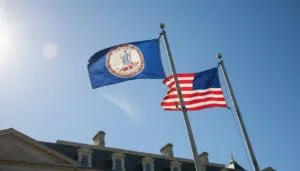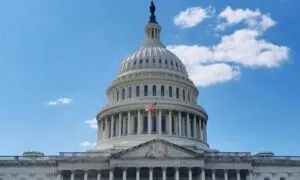Today, on April 16, 2025, the UK Supreme Court delivered a landmark ruling stating that the legal definitions of “woman” and “sex” in the Equality Act 2010 refer exclusively to biological sex, thereby excluding transgender women, The Times reports—even those with Gender Recognition Certificates (GRCs)—from this classification.
Table of Contents
ToggleBackground of the Case

The case originated from a legal challenge by the advocacy group For Women Scotland (FWS) against the Scottish government’s inclusion of transgender women in gender quotas for public boards. FWS argued that such inclusion went beyond the legislative competence of the Scottish Parliament.
According to The Guardian, the Supreme Court unanimously agreed, emphasizing that interpreting “sex” as including certified gender would undermine legal coherence and create ambiguity for organizations.
Implications of the Ruling
This decision has significant ramifications for public policies concerning single-sex spaces, such as hospital wards, sports, and women-only shelters. It could restrict access for transgender women to spaces previously accessible to them and may prompt calls for revising gender recognition laws.
While the court reaffirmed that transgender individuals are protected under the Equality Act against discrimination and harassment, it clarified that sex-based protections apply strictly to biological sex.
Reactions
The ruling has been hailed by gender-critical campaigners and women’s rights activists, including author J.K. Rowling, as a significant victory for the protection of biological women and single-sex spaces.
Conversely, it has sparked condemnation from trans rights advocates and organizations like Stonewall and Amnesty International UK, who argue it undermines transgender protections and reinforces discrimination.
The Scottish government acknowledged the judgment and committed to assessing its implications while maintaining a focus on protecting all rights. First Minister John Swinney stated that the ruling provides clarity between relevant pieces of legislation passed at Westminster.
This ruling is anticipated to influence future legal and legislative actions regarding gender identity and public policy across the UK.
Related Posts:
- Safest Countries in the World in 2025 - GPI…
- What You Need To Know About the Equality Act in 2025
- Capital Cities in Europe: Top Destinations For You…
- Legislative Tracker: Pro-LGBTQ Nondiscrimination Legislation
- Marriage Act Support in 2025 - What Couples Need to Know
- Lesbian Divorce Rate 2025 - It's Higher for Lesbians…








